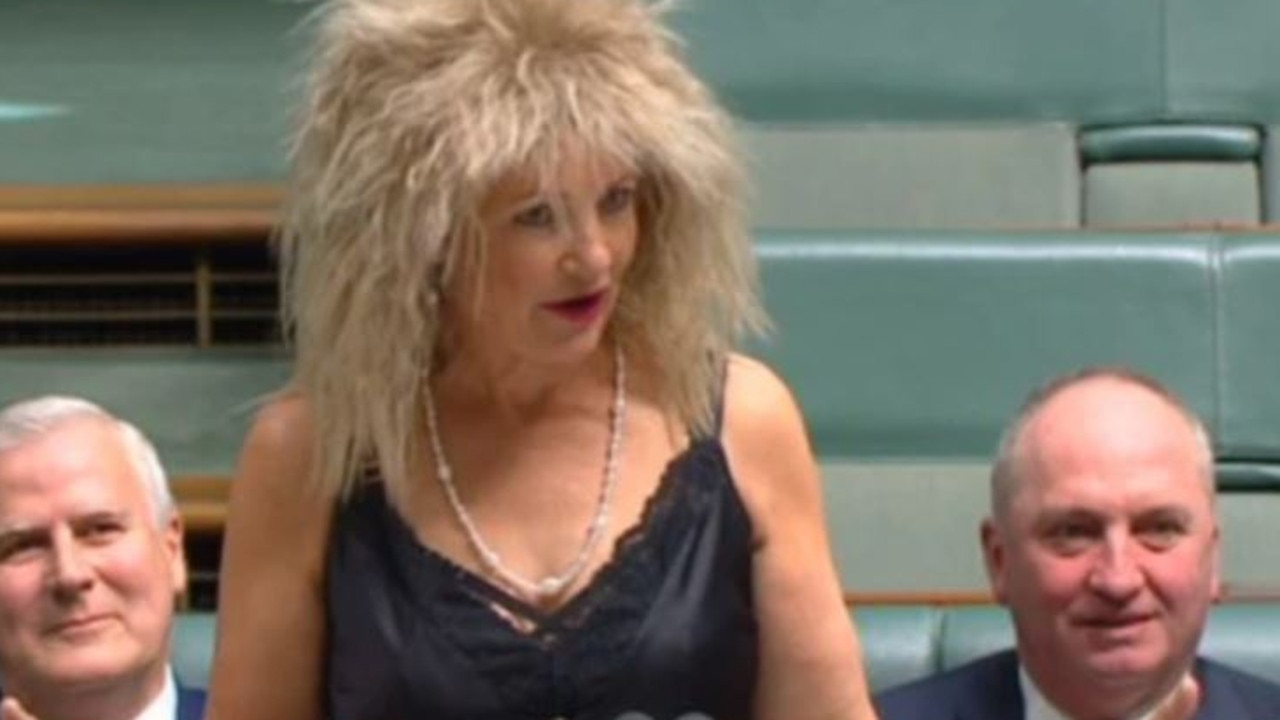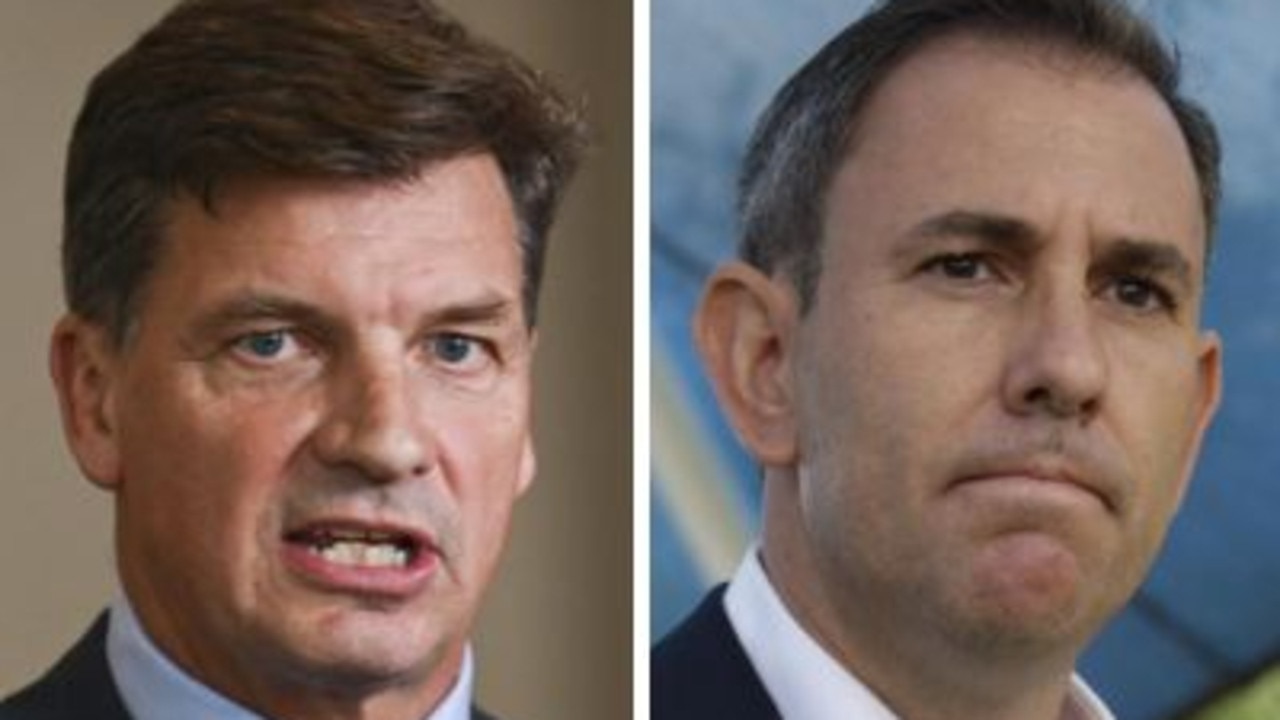The stinker Budget that wasn’t: Abbott Government’s litany of backdowns
LAST year’s stinker of a Budget had most up in arms over its harsh proposals and surprises, from cuts to more cuts. But did any of it actually get passed?
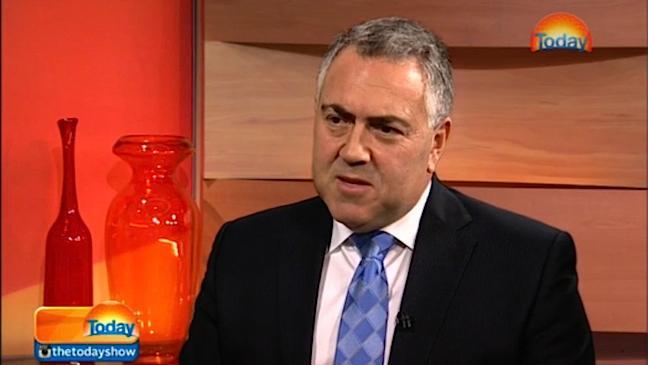
Fed Budget
Don't miss out on the headlines from Fed Budget. Followed categories will be added to My News.
ALL of the Abbott Government’s woes started here.
The Prime Minister was swept to power promising “no surprises” and a quick march back to surplus. But then, last May, the government dropped a stinker of a Budget that was roundly slammed for being unfair, and containing heaps of surprises.
The government’s fortunes started to nosedive when Labor and the crossbench resolved to block most of the Budget’s marquee policies. One year on, about $30 billion worth of Budget measures are still stuck in the Senate. So, which promises have been broken and which measures did the government actually manage to get over the line?
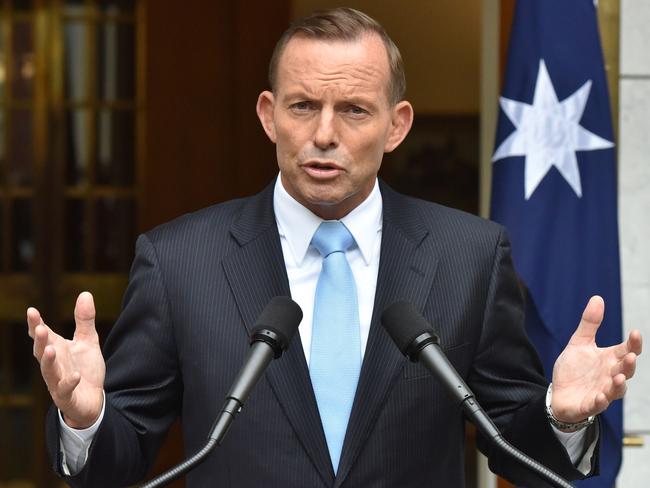
● DUMPED: The GP co-payment
This was probably the line in last year’s Budget that was most on the nose. Last year’s Budget papers pitched it as a $7 “patient contribution” each time you visited your doctor. It was designed to control spiralling healthcare costs, but the electorate wasn’t having it. After revising the idea in December and suggesting a $5 “optional co-payment” charged at the doctors’ discretion, the government finally ditched the policy altogether. By March, Mr Abbott had declared the policy “dead, buried and cremated”. Budget figures predicted that the policy would have saved $3.5 billion over five years.
● DUMPED: Paid parental leave scheme
It was Tony Abbott’s signature policy going into both the 2010 and 2013 elections: A generous paid parental leave scheme that was designed to fix his problems with women voters. The policy would have paid new mothers and fathers their full salary for six months, capped at an annual income of $150,000. After failing to convince the Opposition and crossbenchers that the $5.5 billion “gold-plated” scheme was necessary, the upper limit of the scheme was revised down to $100,000 before Mr Abbott cut his losses and dumped the plan altogether in February.
● DUMPED: Aged pension indexation
The government made a controversial pledge in last year’s Budget to lower the indexation of the age pension, rather than tie it to average male earnings. Social Services Minister Scott Morrison has since formally abandoned this plan, and the government’s attention will now turn to a $2.4 billion cut from the pension via new assets tests.
● DUMPED: HECS indexation
As part of its suite of changes to the higher education sector, the government planned to make former students pay more by linking the HECS loan scheme to inflation. You guessed it: by December, the $3.2 billion savings measured was dumped.
● IN LIMBO: Medical Research Future Fund
It is easy to forget now, but last year’s Budget was ambitious. It went so far as to attempt to cure cancer. When talking up the proposed Medical Research Future Fund, Treasurer Joe Hockey said: “It may be an Australian who discovers better treatments and even cures for dementia, Alzheimer’s, heart disease or cancer.” But the $20 billion endowment fund, which would have been the biggest in the world, was to be funded by the unpopular GP co-payment, which the government was unable to pass. The PM and Health Minister Sussan Ley promised at the weekend that the idea was still a goer. They said an initially smaller $10 billion scheme would now be funded by new health savings measures.
● IN LIMBO: University deregulation
The government wanted to cut how much it contributed to university course fees from 59 per cent to an average of 20 per cent, meaning students would have to pay more. It also planned to give universities the power to set its own fees. Despite negotiations with the crossbenchers, Education Minister Christopher Pyne has not been able to pass the reforms. The government has vowed to push ahead with deregulation plans this year.
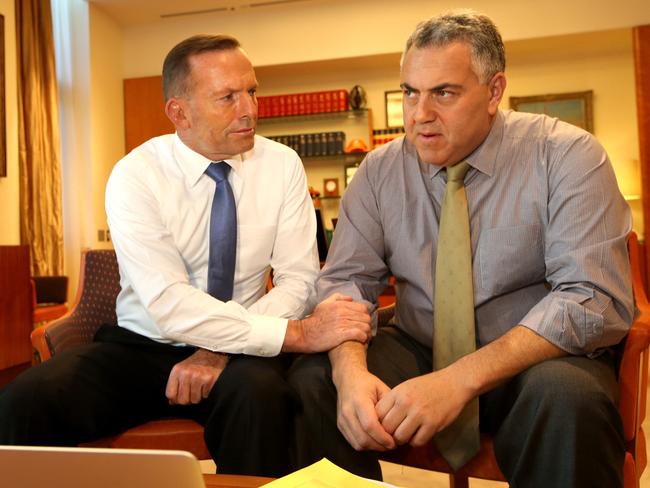
● IN LIMBO: Increase in pension age
A proposal to lift the pension eligibility age from 67 to 70 by 2035 is yet to pass the lower house.
● IN LIMBO: Six-month wait for the dole
The government wanted to impose a six-month wait on unemployment benefits for people under 30, which was meant to encourage younger Aussies to choose to either get a job or increase their skills through extra training. But the government has been pretty quiet on this measure since it was announced.
● IN THROUGH THE BACK DOOR: Fuel tax
Despite protestations from Labor and the Greens, the government reinstated the indexation of fuel excise. Although they couldn’t pass legislation through the Senate, the government was able to push up the price of petrol by half a cent per litre in November thanks to its administrative powers. The price of petrol is now set to rise with inflation every six months, with the extra funds to be used to pay for roads. Finance Minister Mathias Cormann said the rise was modest — costing the average household 40¢ per week — but Labor leader Bill Shorten said the average Australian would pay $135 more every year for petrol within five years. The Senate is yet to pass the measure and, if it is rejected, the government will have to return $2.2 billion to oil companies. Ouch.
● PASSED: Cuts to the ABC and SBS
Tony Abbott famously said on the eve of the last election that there would be “no cuts to the ABC or SBS”, but he promptly went ahead and cut the budgets of both taxpayer-funded broadcasters. Communications Minister Malcolm Turnbull announced that the government would slash $254 million from the ABC budget over five years, as well as stripping $53.7 million from SBS over the same time frame.
● PASSED: Appropriation bills
While the focus was naturally on stalled legislation, Finance Minister Mathias Cormann has been keen to point out that a large chunk of the government’s savings measures have been passed. Both crucial Appropriation Bills, which fund government departments, were passed by the Senate, accounting for about $20 billion in savings.
● PASSED: Budget Repair Levy
The Abbott Government’s controversial Budget Repair Levy on higher income earners was a key measure of last year’s budget, announced as a way of ensuring everyone helped to carry the burden. The short-term measure imposes an extra 2 per cent tax on personal income above $180,000 for three years between July 2014 and June 2017, and is expected to raise $3.1 billion.
● PASSED: Asset Recycling Fund
Another key measure which passed the Senate — albeit with amendments from Labor — was the $5 billion Asset Recycling Fund, which provides 15 per cent top-up incentive payments to states and territories that sell assets and reinvest those proceeds into new infrastructure. The modified version of the legislation included greater powers to requirements of a cost-benefit analysis by Infrastructure Australia on any project worth more than $100 million, and the blocking of the transfer of $3.5 billion from the Education Investment Fund.
Originally published as The stinker Budget that wasn’t: Abbott Government’s litany of backdowns

